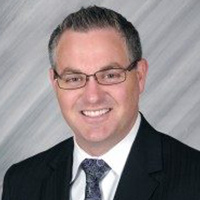Paris White Collar Crime Lawyer, Arkansas
Sponsored Law Firm
-
 x
x

Click For More Info:
-
The Law Offices of Richard L. Cooper, P.A.
848 Brickell Avenue Suite 800 Miami, FL 33131» view mapDWI/DUI, Drug Trafficking, Felony Nationally Ranked Top 40 Under 40
With Richard L. Cooper you can expect a trusted confidant who will work diligently to fully understand your case and determine a road map to help you regain control of your life.
800-756-2781
Not enough matches for Paris White Collar Crime lawyer.
Below are all Paris Criminal lawyers.
Jered Medlock
✓ VERIFIEDAccident & Injury, Lawsuit & Dispute, Real Estate, Criminal
Michael Jered Medlock was born in Fort Smith, AR in 1980. He resided with his mother, father, and two sisters: Jill and Jessica, in Mulberry, AR until... (more)
Mark Jefferson Mobley
Wills & Probate, Family Law, Criminal, Personal Injury
Status: In Good Standing
Jack Thomas Patterson
Criminal, Business & Trade, Business, Consumer Bankruptcy
Status: In Good Standing Licensed: 30 Years
Carl Warner Hopkins
Immigration, Divorce & Family Law, Criminal, Bankruptcy & Debt, Car Accident
Status: In Good Standing

 Richard L. Cooper Miami, FL
Richard L. Cooper Miami, FL AboutMiami Attorney at Law
AboutMiami Attorney at Law ServicesCriminal Defense
ServicesCriminal Defense

